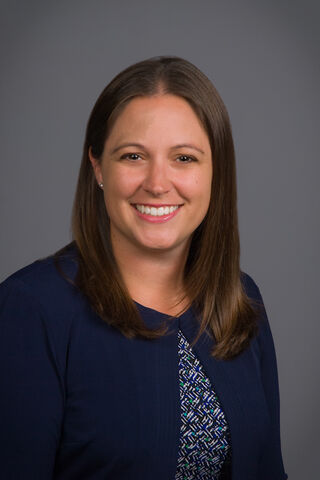Coronavirus Disease 2019
A Glimpse Into Rural Healthcare in the COVID Era
COVID-19 amplifies strained areas of healthcare systems in rural communities.
Posted March 30, 2021 Reviewed by Devon Frye
Key points
- The COVID-19 pandemic has impacted healthcare in rural communities, often by limiting staff availability and shutting off revenue streams.
- Rural communities have long faced challenges in maintaining safe, reliable access to adequate healthcare; COVID has further exacerbated those challenges.
- The loss of rural hospitals and physicians can manifest in non-healthcare-related ways, too—for example, by limiting employment or education opportunities in the area.
- Some states’ beloved rural communities are struggling and need additional support.
This post was written by Dr. Emily Szczech
Leaving a busy surgical practice in a bustling metropolitan area, my husband and I decided to chase a dream of living full-time in a town we loved visiting. In 2017, we picked up and moved to upstate New York to raise our family and practice medicine.
We had just gotten settled in our new rural life and jobs and welcomed our second daughter to the family when the COVID-19 pandemic hit. There are stark contrasts between rural and urban life, many of which seem amplified by the COVID-19 pandemic.
Why Limited Childcare Affects Healthcare
As a mother of two young children, childcare was a top priority when evaluating our soon-to-be-community. Local families have limited options for preschool, daycare, or in-home child care. While we were able to find a stable solution, finding reliable childcare continues to be an issue for many of our office and hospital staff, and emergency back-up options are limited for everyone, now more than ever. As schools close—sometimes abruptly—and daycares limit their size, workers are left struggling to find ways to safely care for their children so they can go to work. A single COVID exposure can keep a babysitter quarantined for over a week, leaving multiple families frantically searching through very limited options for a suitable alternative.

In a small community, there is a smaller staffing pool to cover such unexpected absences as parents are now having to take time from work to be with their children. This can leave healthcare workers—already under new pandemic stresses—now also overworked and short-staffed.
While I personally think our hospital and private practices have done a remarkable job remaining resilient and financially solvent throughout all of the recent changes, some have not been so fortunate. As a surgeon, the ability of state regulations to stall elective surgery for an unknown period of time can drastically decrease the income to a private office or small hospital. Without this income, these practices and vital rural hospitals are threatened. The health of our community as well as the financial livelihood of many hang in this delicate balance.
Loss of Doctors' Offices Has a Big Impact
The loss of physician offices and critical rural hospitals can impact a community in numerous ways. Without healthcare close to home, many with limited means will not be able or willing to travel to medical appointments or self-advocate for assistance and care. The loss of a hospital or medical practices means a loss of a significant source of employment for the local community.
Rural communities tend to take care of each other; this is readily apparent watching our hospital provide not only employment and access to state-of-the-art care but community medical education (women’s health, CPR classes, etc), support for students interested in pursuing healthcare careers, and easily accessible COVID testing to get school children examined and swabbed to return to school as safely as possible.
Specialty service lines like cardiology are only provided by one physician in our hospital, with travel times exceeding 90 minutes by car in inclement weather to reach the next closest specialist. A single COVID exposure in that office could shut down all access to that type of medical care for the entire community for a period of time.
Now more than ever, people are looking to small tourist towns to welcome them as they seek to travel safely and shelter away from densely populated areas. This has helped keep small, tourism-based businesses afloat while placing a new burden on business, law enforcement, and healthcare facilities to keep up with the increase in populations and their associated medical issues.
Rural living has always been a balancing act of embracing a less-hectic lifestyle and maintaining safe, reliable access to adequate healthcare, supplies, and employment opportunities. In some ways, COVID has strained this even more, and while historically strong and resilient, some of your states’ beloved rural communities are struggling and may need additional support.

Dr. Emily Szczech is a board-certified General Surgeon in a small private practice, Adirondack Surgical Group, in rural upstate New York. She completed her General Surgery residency at St. Joseph’s Regional Medical Center in Paterson, New Jersey before entering private practice. She worked with Heritage Surgical Group in Teaneck, New Jersey before relocating with her husband and daughters to their current home in Lake Placid, New York.


